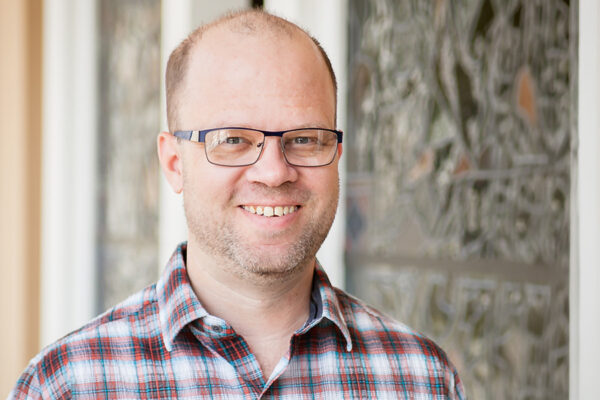A deep kind of empathy
Echoing all over the world this week are the words “je suis Charlie,” which in English is “I am Charlie.” These three words have been found on placards at marches, on Twitter feeds and on buttons worn on lapels of torn wool coats and expensive velvet tuxedos. It’s become a slogan after the terrorist attack in Paris on the satirical newspaper Charlie Ebdo. Even with some real questions about whether that newspaper pushes freedom of speech toward hate speech, these words are a way for people to decry the violence of those attacks. And with them, all kinds of people have named their solidarity with each other.
At the Golden Globe Awards on Sunday night, the musician Common won an award for the music he composed for the movie Selma. In his acceptance speech he said, “As I got to know the people of the Civil Rights Movement, I realized I am the hopeful black woman who was denied her right to vote. I am the caring white supporter killed on the front lines of freedom. I am the unarmed black kid who maybe needed a hand, but instead was given a bullet. I am the two fallen police officers murdered in the line of duty.”
Think how our world would be different if we really put ourselves into one another shoes, if we imagined what we’d feel if we stepped into the lives of others. “Je suis Charlie” and Common’s speech invites us to into a deep kind of empathy, to think about our common humanity.
We might not all be able to relate to the life of a French cartoonist, but each of us have a vision for a better world. We might not be kneeling in the streets of Kano, Nigeria weeping at the death of one of the thousands killed by Boko Haram, but we know what it means to love and to fear. We might not know what it means to be hated simply for wearing a head scarf, but we may know something about being misunderstood.
Even with all that keeps us apart, we are not so different from each other. Empathy is about allowing other people’s stories to become our own. It helps us open ourselves to the suffering of other people. And when we live with empathy, it’s nearly impossible to turn our back on each other.
When Paul wrote to his friends in Rome, he tells them, “Rejoice with those who rejoice, weep with those who weep. . . Do not be overcome by evil, but overcome evil with good” (Romans 12: 15 & 21). In the midst of the violence of this past week, those are words we all need. I’m pretty sure that if we hope to overcome the evil all around us, empathy is just the place to begin.
Sara Olson-Smith, associate pastor




